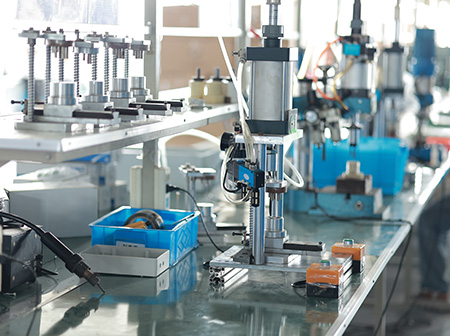The choice between using a metal or plastic junction box depends on the specific requirements of the electrical installation and the environment in which the box will be installed. Here are some general considerations for each type:
Corrosion Resistance: Plastic junction boxes are ideal for environments where corrosion may be an issue, such as outdoor or damp locations. They do not rust or corrode like metal boxes.
Non-Conductive: Plastic junction boxes are non-conductive, making them a safer choice for installations where electrical conductivity needs to be avoided, such as in proximity to live wires or in certain industrial settings.
Durability: Metal junction boxes are generally more durable and resistant to impact compared to plastic boxes. They provide better protection in harsher environments or locations where the box may be subject to physical damage.
Fire Resistance: Metal junction boxes offer better fire resistance compared to plastic boxes, making them suitable for installations where fire safety is a concern.
Grounding: In some electrical installations, a metal junction box may be required for proper grounding and to ensure electrical safety.
Lightweight: Plastic boxes are lighter and easier to handle during installation, which can be advantageous in certain situations.
Ultimately, the decision should take into account the specific needs of the electrical installation, including environmental factors, safety requirements, and any local building codes or regulations. Consulting with a qualified electrician or following local electrical codes can help determine the most appropriate choice for a specific application.

